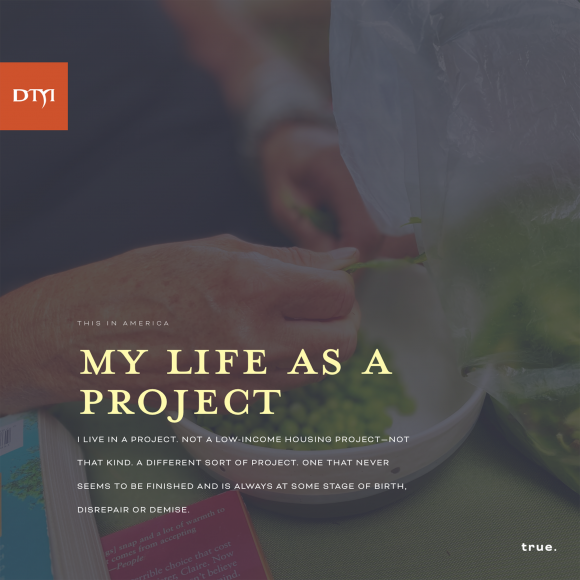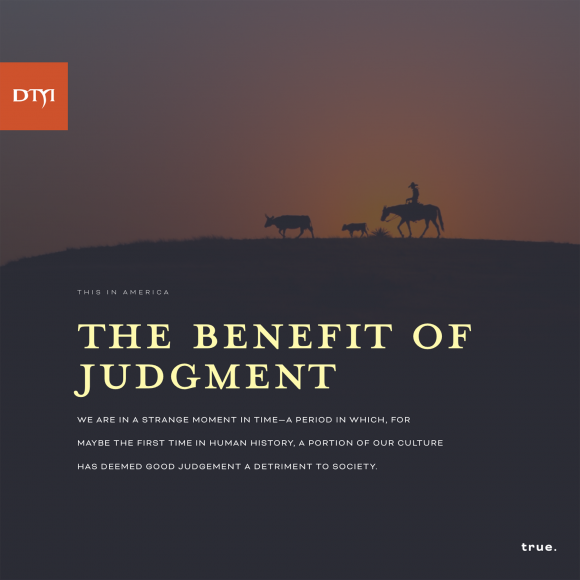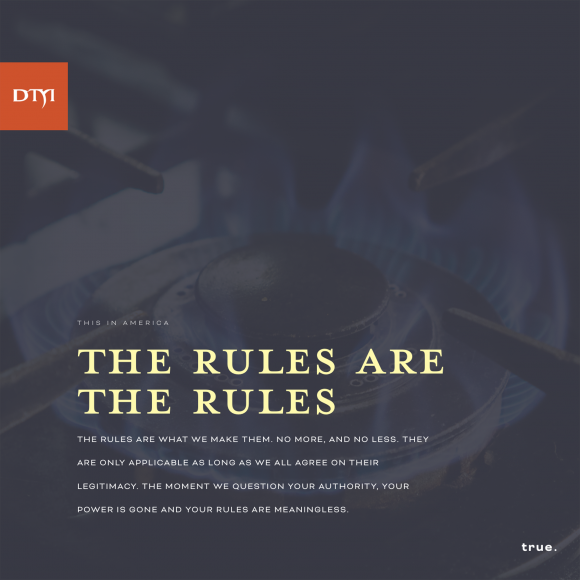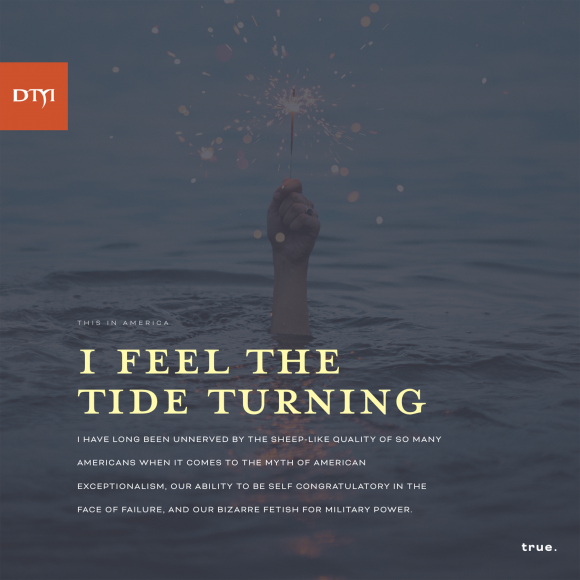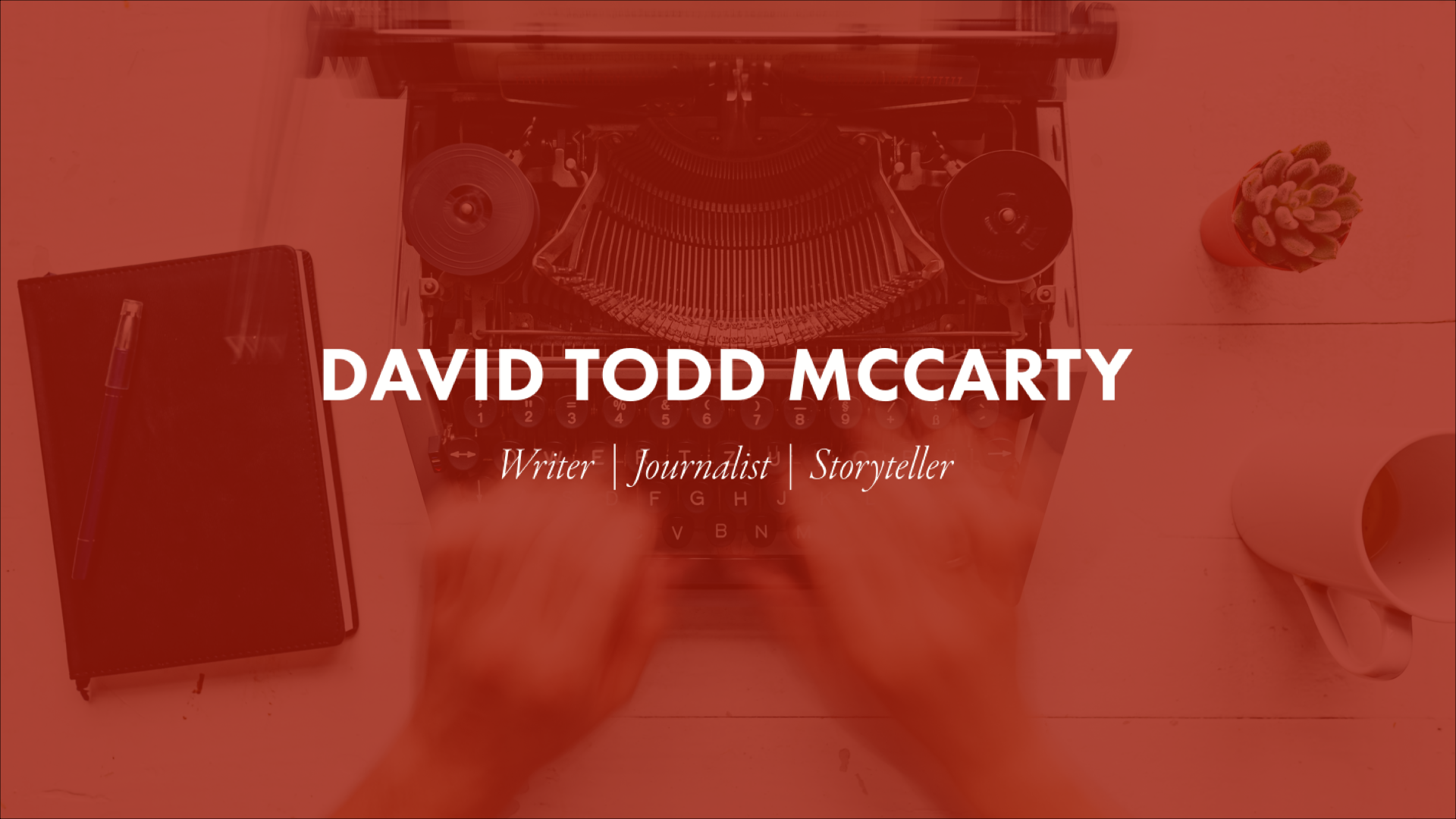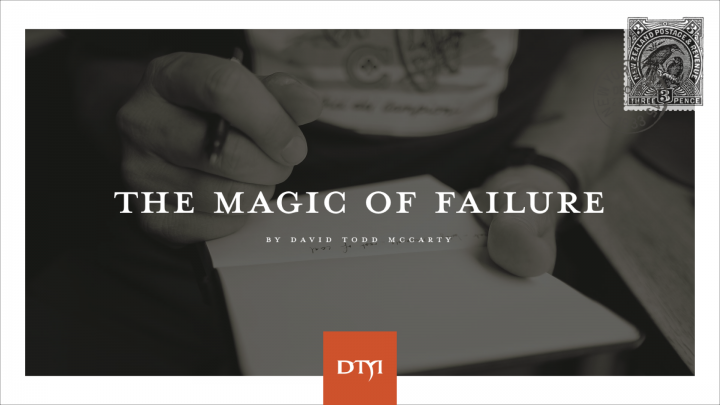
The dictionary defines magic as “an extraordinary power or influence seemingly from a supernatural source.” I think of writing as a kind of magic. A collection of charms, spells, incantations and rites that I’ve been developing since I discovered the power of language and realized it could used as a tool to unlock untold worlds and reveal hidden treasures.
A lot of people, probably myself included, most often think of writing and writers, as those who write novels and aspire to tell stories that they’ve made up out of thin air. Works of fiction involving dragons and kings, murder and intrigue, unrequited love and existential loss in a beach town. This is understood by many to be the ultimate writing skill, to create a story out of whole cloth, that did not exist before you wrote it down. To tell stories.
But I think that this is only one small part of writing—that it’s much more than that.
I don’t always think of myself as a writer, or at least not primarily so. I write, so I am a writer. Just as I create art and this, in and of itself, makes me an artist. I am a photographer because I take pictures. I am a director because I know how to direct.
I don’t generally get too hung up on the nomenclature of it all, but none of these things I do as my primary profession, except I do all of them in my primary profession. I am primarily a storyteller, and I use my other talents of directing, photography, cinematography and design to tell stories. I also happen to have a skill, honed over time, of understanding human behavior within the confines of business that has allowed me to be successfully navigate the commercial world. I know how to sell things to people so that they want to buy them. It’s a useful skill. I am in marketing, which is what I most often tell people when they ask what I do.
I wrote a piece once, many years ago, about my many hobbies called Wasting Time. It was an exploration of all my many interests over the years, and how curiosity had led me to pursue many different things, but that I had always remained a generalist. I never honed in on one thing and worked at it like other people. I was fair to middling to even bad at a great many things, and an expert at none of them.
I don’t consider myself terribly exceptional when it comes to photography or even design, although I am more than professionally competent, and better than most. I am worth what I get paid, which is not insignificant, but I will not be remembered decades after my death for my contribution to the craft. My contributions, such as they are, will be largely unremarkable and therefore not remembered.
I tell my clients about a line I read somewhere. That the enemy of great is not bad, as one might think, but very good. Most people have a hard time wrapping their heads around this, but very good is the thing that what will most often keep you from achieving greatness, as who is going to argue with very good? No one. Very good is a reason to get up in the morning. Very good is better than most. Very good, is in fact, great for most people. But it will never be great.
Greatness demands failure, and there is no way to push past very good, into greatness, without going too far and ruining the thing you are trying to do. Greatness demands failure. Let’s say you’re painting an abstract work of art. It can be hard to know when to stop, and it’s a struggle for many artists. When is it done? Only the artist can say, but he has to cross the line a few times to know where that line is. How would you ever know if something is done, unless you knew what it was like for it to be overdone?
When I was young, my father, like many men his age, loved to test the limits of the car’s gas tank, to push the car to see how far it could go before it ran out of gas. It was a game for him, but also an exhibition of his understanding of where the line really was. It was not where the car manufacturer said it was. That line was for novices and amateurs. To really understand how far you could go before you ran out of gas, you had to be able to play the car like a fretless instrument, more by feel than by sight, and certainly not by a predetermined symbol. To really know, you had to run out of gas. He knew, just as the artist knows, that the only way to know where the line truly lies, is to fail. Not once, mind you, but many times, so that you become so familiar with failure that you no longer fear it.
Most people have no interest in failing. In fact, most people have such a fear of failure that they would rather risk never succeeding if it meant avoiding failure. Like the difference between great and very good, the difference between success and failure is one of courage.
Success for many is simply avoiding failure. Mediocrity is the ultimate expression of failure avoidance, as it is a perfect example of thriving in the middle, neither achieving greatness or risking failure. It’s an evolutionary trait of survival to stay in the middle of the pack, as it is the vanguards and the laggards who are picked off by predators. Safety is in the middle.
I can’t tell you the number of business people who profess a desire to be leaders in their fields but who are uncomfortable being out in front. Not many people want to lead the parade because they have no confidence they know the route. They are more comfortable criticizing the direction from the safety of the crowd.
The first one of out of the foxhole is always the most likely to be shot, but also the most likely to make it across the battlefield and take the enemy’s flag. Therein lies greatness and is the place where heroes can be found. Heroes and champions are nothing more than the ones who took the risk and lived. There are also many would-be heroes lying dead in a ditch, a cautionary tale to those who would cower in fear and wait until the battle is done to come out and negotiate the terms of their own surrender.
In Band Of Brothers, the best-selling book by Stephen E. Ambrose about Easy Company, one of the companies of the 506th Regiment, 101st Airborne during World War Two, Lieutenant Ronald Spiers told his men, “The only hope you have is to accept the fact that you’re already dead. The sooner you accept that, the sooner you’ll be able to function as a soldier is supposed to function: without mercy, without compassion, without remorse.”
Spiers figured he would most likely die so there was no point in beating around the bush. He might as well act as though he were already dead and move forward without fear or hesitation. He survived the war, although many like him did not. He was not a better soldier, only lucky. He was the story you heard, because he was one who lived to tell the tale.
We have all heard the stories of famous actors, comedians and musicians who toiled away in obscurity until finally realizing their big break and achieving fame and success. We are led to believe that if you are persistent, you will eventually achieve success, because those are the only people who ever do. This is only partially true. It is certainly true that if you quit before you reach the finish line, you will never win the brass ring. We hear about the people who won, and how they didn’t quit until they made it, so we believe that persistence is the key. But the streets are littered with the broken dreams of those who toiled and never realized their dreams. Their stories are endless and too numerous to count.
So while it’s true that all winners are persistent, persistence does not necessarily produce winners.
I was interviewing for a job many years ago and the gentleman wanted to know if I was a writer or a designer and did not want to hear that I was both. I could be a writer who could design, or a designer who could write, but in his mind, I could not be both equally. I answered him that in that case, I was a writer, because that was what I felt I could do better than most, but I did not agree with the premise of his argument, and still to this day, do not.
But I have changed my opinion on one thing, and that is that I am a writer. First and foremost, I am a writer. It has led to me to many other pursuits, and for that I am grateful, but writing is the thing I most want to do, the thing I find magical and always fresh.
I have a business card that offers as my title, that of raconteur, which simply means storyteller, and I stand by that. It allows me to encompass all my other creative skills and talents into a single, manageable, sellable concept. But what I really want to be is a writer.
Someone I do not know asked me the other day why I wasn’t writing for some big national outlet such as The Atlantic, as if all I needed was the will to do so. Secretly of course, that is what I would rather do above all else, so what is stopping me?
I’m sure it’s a certain amount of fear of rejection. Not in the amateur sense of having a piece I wrote rejected and feeling like I have no value. There are any number of reasons why an editor might reject a piece of writing, many of them having little or nothing to do with the quality of the writing. I think my big issue is two things, both of which are completely manageable, and they are laziness and impatience.
I often talk about my laziness, which people who know me find confusing, since I am by most measure, a very active, and proficient creator. My laziness expresses itself in that I know what I need to do, have the means to do it, and can’t be bothered to do it because it’s too much work. I am far too comfortable with very good.
Believe it or not, this is a very valuable skill when it comes to business. Good enough is a very practical, even critical element to moving forward with things in business. The search for perfection is catastrophic to achievement as you will likely never accomplish anything. You learn that very good is often good enough to get the job done, and you must constantly evaluate and balance whether it’s worth the effort to push from very good to great if the client will never be able to tell the difference.
My other problem is my lack of patience, which is likely tied to my ADD or whatever letter combination you wish to ascribe to most creative people who easily distracted, endlessly curious and perpetually in search of discovery. When it comes to writing, the reward for delaying gratification by submitting unpublished stories to magazines in the hope that one might buy and publish them is not as great as my desire to simply publish them myself and get the instant feedback.
I am clearly much more concerned with how I am perceived and in need of affirmation that I even admit to myself. This is likely news to no one but me, but if writers have an imaginary reader, I do not have a single individual that I am writing for. If you do not like my creation, I can easily dismiss you. But that doesn’t mean I don’t want people to like it. Of course I do. No one creates in a vacuum. Everyone creates in order to be judged, but those of us who create understand the effort that it takes, and are therefore highly dismissive of those who criticize without creating themselves.
Because of my diverse skill set, I have the ability to create my own platforms that resemble in every other way, the outlets and community I wish to be accepted by. Why not do it it myself? Why should I be reliant on the whim of this editor or that publisher?
On top of it all, writing doesn’t typically pay very well, which is why I do what I do for a living. My skills are financially viable to those in commerce, far more than my 1500 word essay on the failure of society to appreciate corn nuts.
Somewhere in there I feel must lie a certain degree of insecurity but not because I fear I lack the skill. It’s the lack of recognition by an accredited source I suppose, that says I have achieved a degree of professional achievement, that keeps me from bothering.
So, in a moment in time where we could be stricken dead by a virus we cannot see, when the future of our own society is in peril, having reached an age when the meaning of life is far from clear, and the prospect of death a near certainty, there may be room for a resolution to be made, here on the cusp of a new year.
Maybe it is time that I learn to cast real spells in front of a larger audience, and not just perform backyard shows for the neighbor kids. It requires me to do more research into target markets, think about each publication’s needs and not just my own personal whims, write a piece just for them with no real hope that it might be accepted with anything but scorn, and then wait. These are all things I know how to do, but not things I particular want to do.
Eddie Izzard tells the story about wanting to be in movies as a kid, and having dreams of sneaking onto the lot of a movie set and being discovered, simply by being there. This is me in a nutshell, writing away, hoping that someone will simply discover me and ask me to write for them for money. It doesn’t work that way. Not usually. I know this. I would tell other people this, with a bit of derision thrown in for good measure. The sheer arrogance mixed with rampant insecurity is astounding, and yet about as uncommon as a hot dog at a July 4th picnic. I just described most every writer you’ll ever meet.
The upside of being at this point in my life is that I care, but I don’t. I risk nothing but time and energy in attempting to write for publication. In other words, I risk almost nothing. So what’s stopping me? Laziness and impatience. I’m simply too lazy to be bothered to work on something, only to wait for the approval, of something I haven’t even done.
If someone called me from The Atlantic tomorrow and told me they liked my writing and asked me to submit some pieces for possible publication, I would write day and night, have people proofread them, give me notes and take the whole affair extremely seriously. But I refuse to do exactly that in order to send my work to them unsolicited. That is arrogance bordering on stupidity and it really must end.
I write this, not in an effort to get anyone to encourage me, or curry favor, or beg for praise, but rather to out myself as a coward and a sloth, and egg myself on that this is something I might actually like to do with my life. I’ve wasted a good thirty years of it so far, not doing what I want to do and I only have so much time left.
The first step, as I have outlined above, is to fail. There is no way to succeed without it. If you wish to achieve greatness, you need to fail stupendously. It’s the only way to go. There is little point to being very good after all.
So, I will give it a go. Wish me luck.


